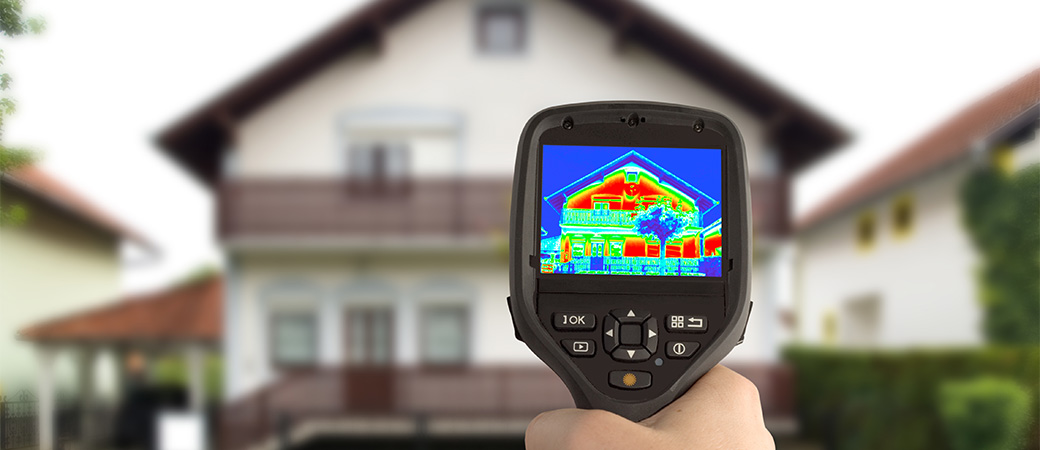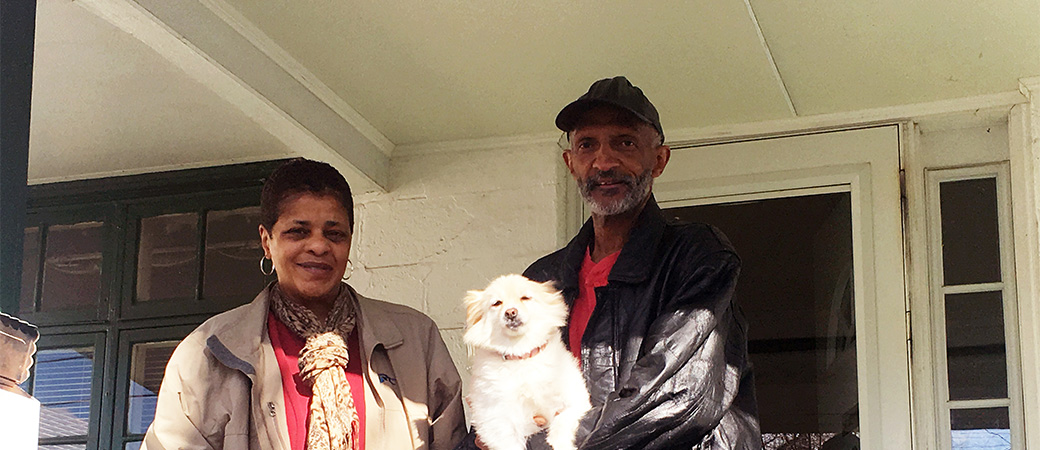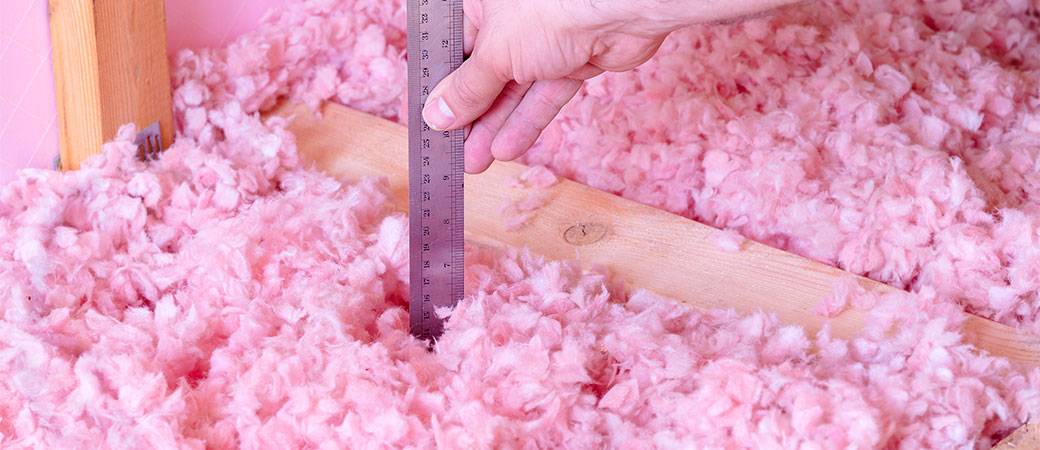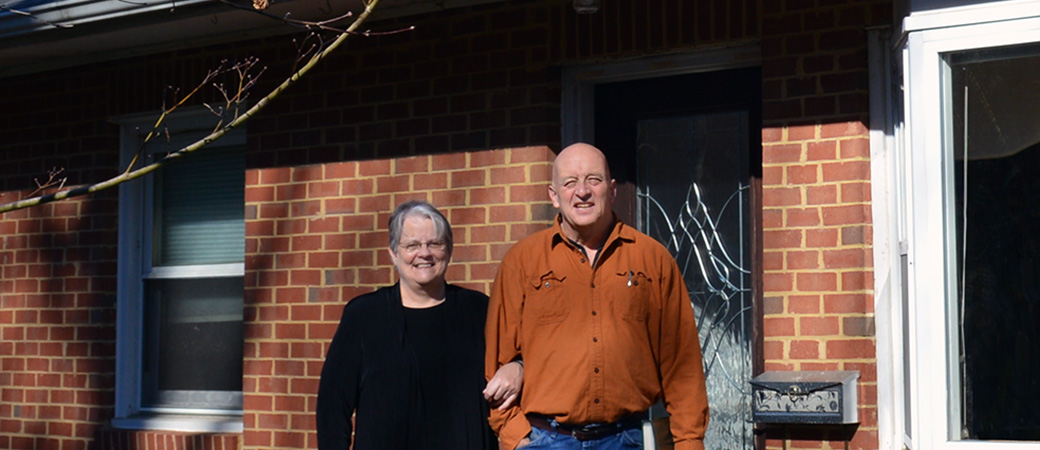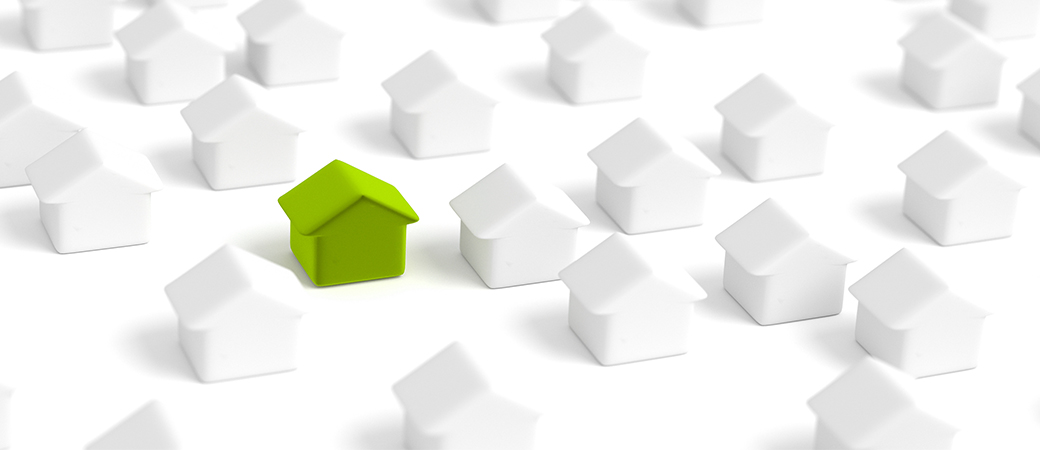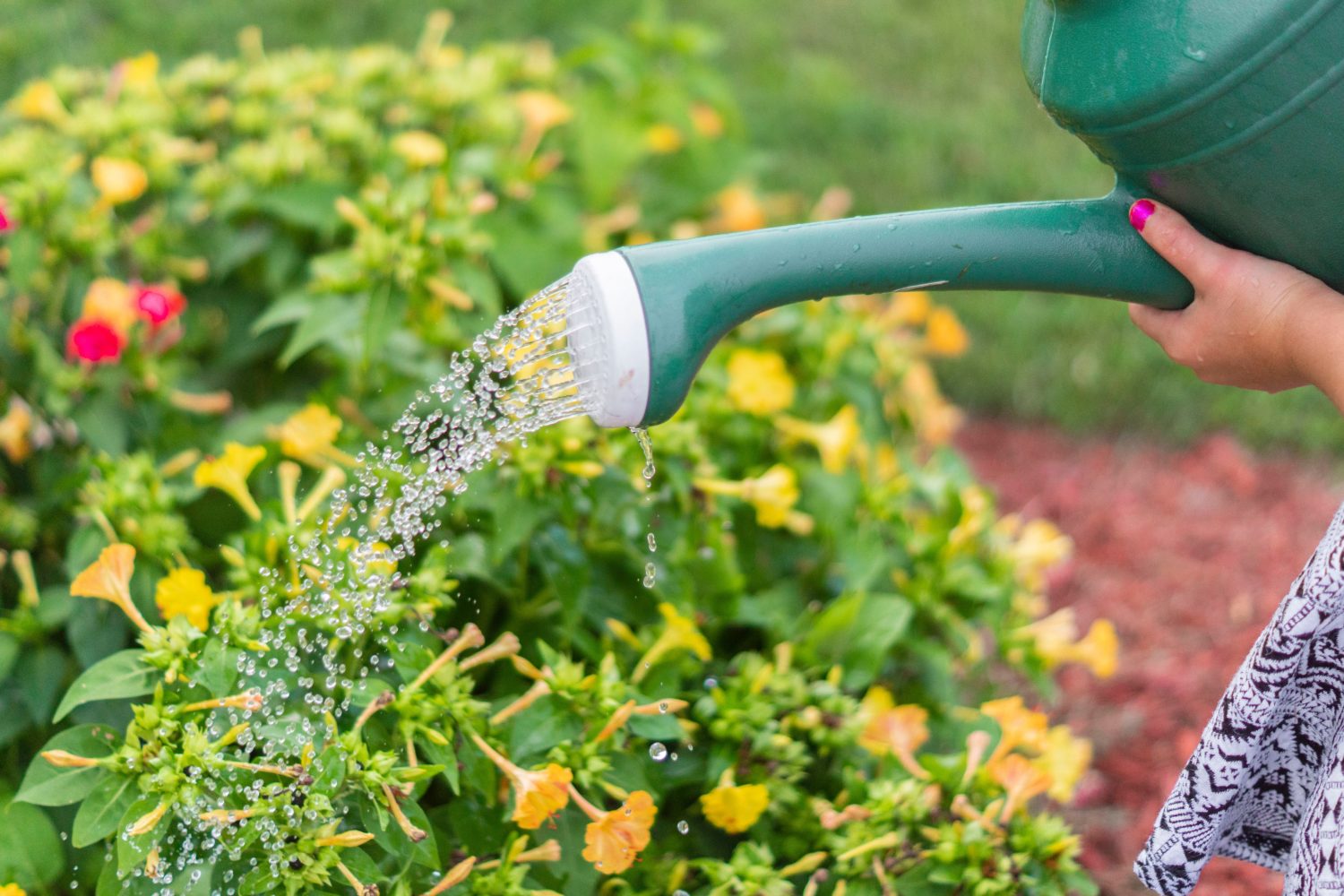 Drink. Flush. Clean. Spray. Wash. Think about all of the ways we use water. We use water to look good (wash our clothes, brush our teeth, take showers), feel good (drink water, go to the bathroom, water the vegetables and herbs we eat), and to make our homes look good (water our lawn and plants). But every drop of water use adds up. In Charlottesville, for example, the average household uses 3,530 gallons of water per month.
Drink. Flush. Clean. Spray. Wash. Think about all of the ways we use water. We use water to look good (wash our clothes, brush our teeth, take showers), feel good (drink water, go to the bathroom, water the vegetables and herbs we eat), and to make our homes look good (water our lawn and plants). But every drop of water use adds up. In Charlottesville, for example, the average household uses 3,530 gallons of water per month.
Aside from the inherent benefits of conserving our limited water supply, there is also a direct “drops to watts” connection between water and energy efficiency.
According to the Environmental Protection Agency (EPA): “Delivering water and wastewater services is also an energy-intensive effort, as the water is treated, pumped to our homes and businesses, then pumped to wastewater facilities to be treated again. EPA estimates 3-4 percent of national electricity consumption, equivalent to approximately 56 billion kilowatts (kW), or $4 billion, is used in providing drinking water and wastewater services each year. Water and wastewater utilities are typically the largest consumers of energy in municipalities, often accounting for 30-40 percent of total energy consumed.”
What to Do:
There are simple and smart things that every person can do to reduce the amount of water that is wasted in our daily routines.
In the Bathroom:
Check for (and fix) leaks: Drop 3 drops of food coloring in the reservoir of your toilet to see if it is leaking water. If the water in the bowl has changed color after 30 minutes, replace the flapper valve. Fix all leaky pipes and dripping faucets to save wasted drops.
Switch to a water-saving showerhead: Installing a more efficient showerhead is a simple, do-it-yourself task that can make a big difference. A typical showerhead uses at least 2.5 gallons of water per minute, while low-flow heads use 1.5 gallons or less per minute.
Decrease water use per flush: Fill a water bottle with sand and place it in your toilet’s tank to displace some of the volume in the storage tank — just make sure that it doesn’t interfere with the flushing mechanism!
Keep a bucket in the shower: While you shower, collect excess water to use later on your plants.
Shop smart: Look for the WaterSense label to ensure that the products you are buying for your home are tested for efficiency, performance, and dependability.
Turn off the water while brushing/shaving: Fill the sink or shower with enough water to rinse the toothbrush or razor instead of letting the water run.
Strategize your changes: When deciding which bathroom to make water efficiency changes to, choose the most frequently used toilets and faucets in the house first.
Install faucet aerators: Aerators will add air to the stream coming out of your faucet to use less water and lower your utility bill, but you will barely even notice the difference when you turn on the tap.
In the Kitchen:
Rinse dishes right: Rinsing your dishes under the faucet wastes a lot of water, so try filling one side of a double sink or using a large bowl to rinse dishes in instead.
Use your dishwasher: Washing dishes by hand uses more water and energy than a dishwasher. Be sure to only run full loads to maximize your dishwasher and limit water waste.
Cool your drink: Fill a bottle or pitcher with water from your sink and put it in the refrigerator to cool, rather than letting the tap run until you get the desired water temperature.
Use one cup for the day: Designate one cup to each family member for drinking water for the day. This will dirty fewer dishes and cut down on the number of times you need to run the dishwasher.
Thaw your veggies: Thaw frozen vegetables in the fridge instead of running water over them.
Outside:
Get a rain barrel: Rain on a typical home in Charlottesville will generate 30,000 gallons of runoff per year. Connect a rain barrel to your downspout to store around 50 gallons per barrel of fresh rainwater to use on your plants. Look on the Charlottesville City website for a $30 Cash Back Rebate on purchasing one (City residents only).
Use your stored water: Collecting water in a rain barrel is useless unless you put in the time to use it.
Strategically schedule your watering: Water in the morning or later in the evening to avoid evaporation.
Position sprinklers efficiently: Make sure that sprinklers are not watering driveways or sidewalks, and reposition them if necessary.
Hold off on the hose: Fill a bucket with water and wash your car with a sponge. Only use the hose when rinsing your car.
Pick up a broom: Use a broom – not a hose – to clean sidewalks and driveways.
Landscape effectively: Landscape correctly and select drought resistant plants suitable for our climate (a gardener at your local nursery can help you choose the right plants for your area).

